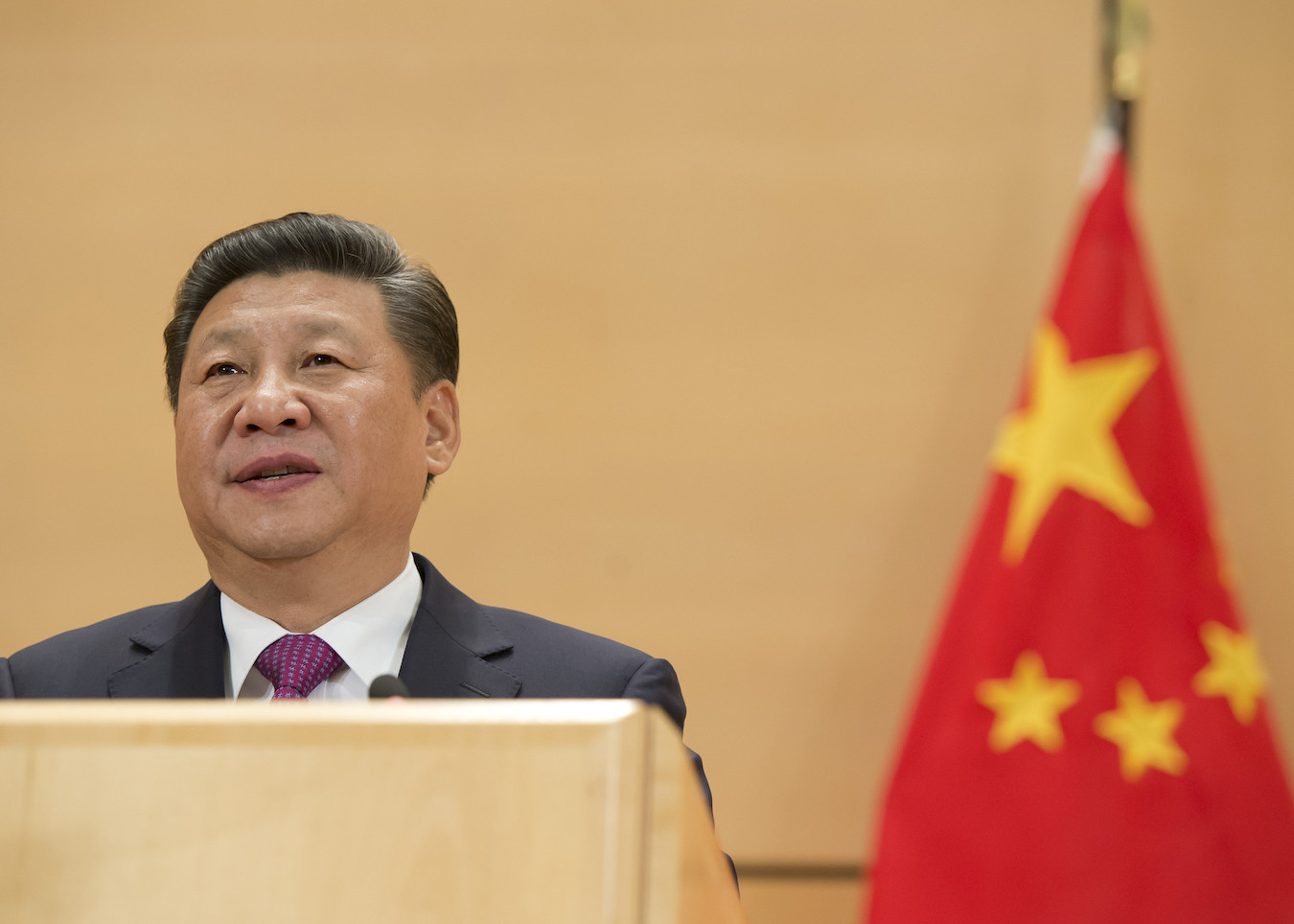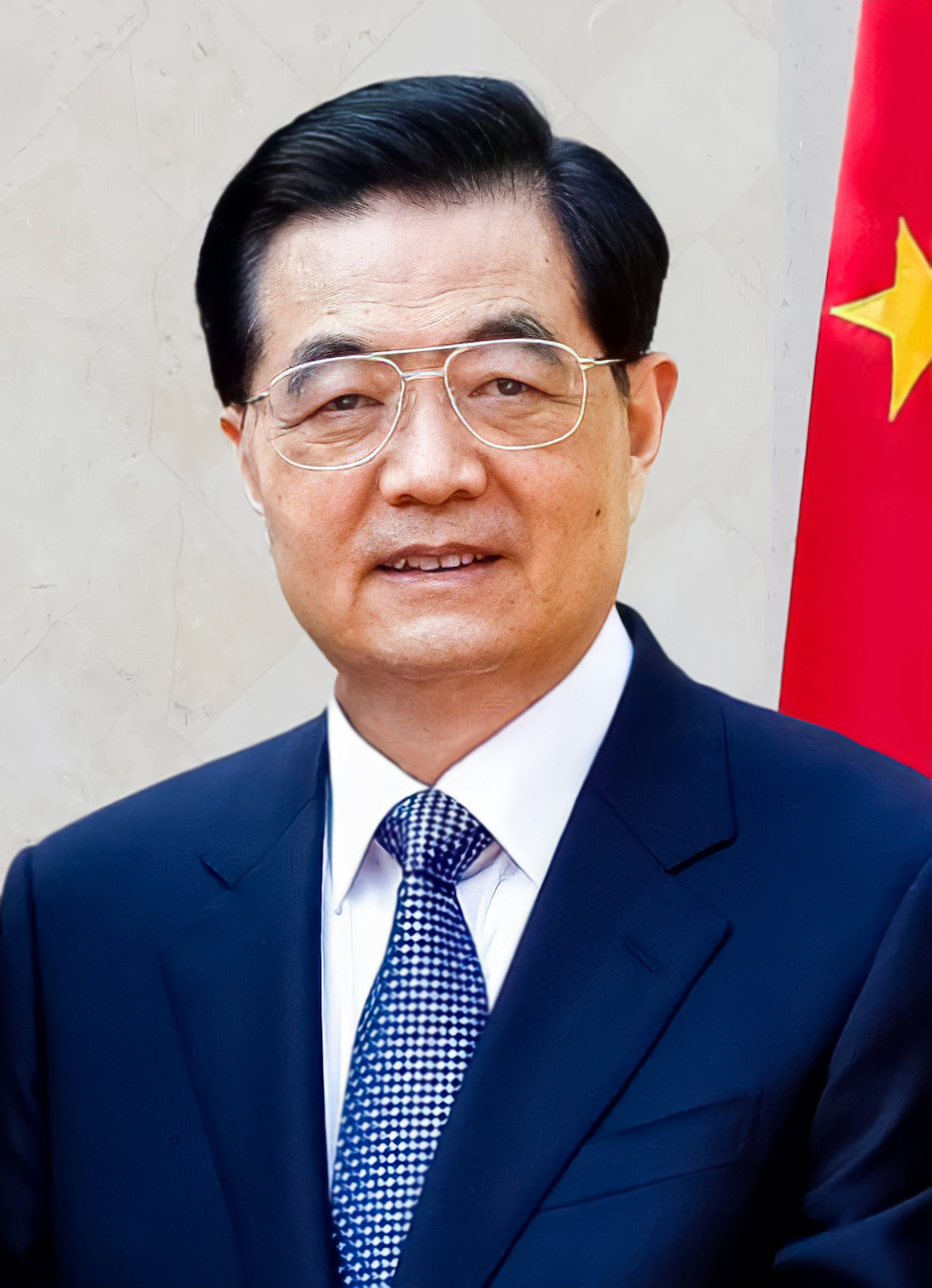by Brian Hioe
語言:
English
Photo Credit: China News Service/CC BY 3.0
THE NEW POLITBURO standing committee of the Chinese Communist Party (CCP) has been announced, following the CCP’s weeklong 20th National Congress. As was anticipated by many experts ahead of time, Chinese president Xi Jinping has been confirmed for an unprecedented third term in power, with the limits on the number of terms that a Chinese leader can serve having been undone at the 19th National Congress in October 2017. This was seen as potentially paving the way to lifetime rule by Xi.
In particular, the new Politburo standing committee consists primarily of individuals that are known for their loyalty to Xi. Premier Li Keqiang, who was seen as more in favor of market-oriented reforms than Xi, will be removed, though he will continue to serve in his position during the transition period.
The party chief of Shanghai, Li Qiang, has been promoted to the Politburo standing committee in a position that suggests that he could be the next premier. As Li Qiang has come under fire for the unpopular lockdown of Shanghai as a result of China’s adherence to COVID-zero policies, this may indicate that Xi is more focused on promoting individuals loyal to him, even if they may be unpopular with the general public.
 Chinese president Xi Jinping. Photo credit: UN Geneva/Flickr/CC BY-NC-ND 2.0
Chinese president Xi Jinping. Photo credit: UN Geneva/Flickr/CC BY-NC-ND 2.0
Vice premier Hu Chunhua, who was seen as a potential successor to Xi as president, will also be removed from the Politburo. This perhaps continues the pattern of Xi refusing to conform to standard succession procedures and instead marginalizing potential successors, probably with the view that they could challenge him for power.
Indeed, what attracted the most international attention was the removal of Hu Jintao, Xi’s predecessor as Chinese president, from the proceedings of the National Congress by two men in suits. Hu is sitting next to Xi and is mostly ignored by Xi as he is removed, though the two speak to each other briefly, and Xi moves his hand to prevent Hu from taking a document that he reaches for. Hu appears to pat Li Keqiang on the shoulder as he is being removed.
There has been much speculation about what exactly took place with regard to Hu’s removal, with possibilities raised including anything from that Hu was ill, or that Xi purged him in a highly public fashion. Chinese state-run media currently claims the former. Either way, it is rare for moments of the unexpected to occur at highly scripted National Congresses, as occurred with Hu’s removal being recorded on film.
Hu’s name has since been censored on the Chinese Internet and there is no mention of the incident in state-run media. This continues with the willingness of Chinese authorities to censor widely used terms, including censoring “Beijing” because of a protest banner against COVID-zero hung on the Sitong Bridge in Beijing in the lead-up to the National Congress.
 Hu Jintao in 2012. Photo credit: Blog do Planalto/CC BY-SA 2.0
Hu Jintao in 2012. Photo credit: Blog do Planalto/CC BY-SA 2.0
In the meantime, with Xi centralizing power among trusted allies and purging potential challengers, this may mean dangerous times ahead for Taiwan. Namely, stacking the Politburo standing committee with loyalists may mean that this increases an echo chamber effect in Chinese politics, with Xi only hearing views along the lines of what he wishes to hear instead of any challenging views.
After all, while China is far from a democracy, the CCP is not a single individual and the wisdom of the crowd leads to more rational decision-making than when power is concentrated in the hands of one person or a small set of individuals. This, then, increases the possibility of irrational decision-making by the CCP vis-a-vis Taiwan, on the basis of highly inaccurate views of Taiwan that nonetheless circulate at the highest levels of the CCP leadership.
One notes that an invasion of Taiwan proves fundamentally irrational, given the economic cataclysm that would result. This would significantly affect a Chinese economy still impacted by COVID-zero but also given the significant links between the Chinese and Taiwanese economy. The Chinese death toll would be enormous, given the inherent difficulties of launching an amphibious invasion. But at the same time, Xi or other Chinese leaders could in fact benefit from a Taiwan contingency that proves disastrous for Chinese society, if that allows for a political crisis that they need to maintain their grip on power or to create the pretext for expanding powers.

